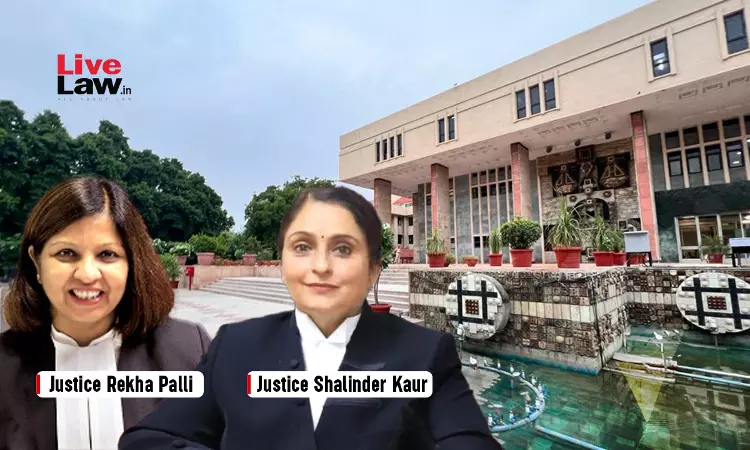A division bench of Delhi High Court comprising Justice Rekha Palli and Justice Shalinder Kaur ordered the reinstatement of Satish Kumar, a Sub-Inspector (SI) with the Central Industrial Security Force (CISF), after finding that his dismissal following accusations of conspiring with a female constable in a sexual harassment case was unjustified. The court re-evaluated the evidence presented...

